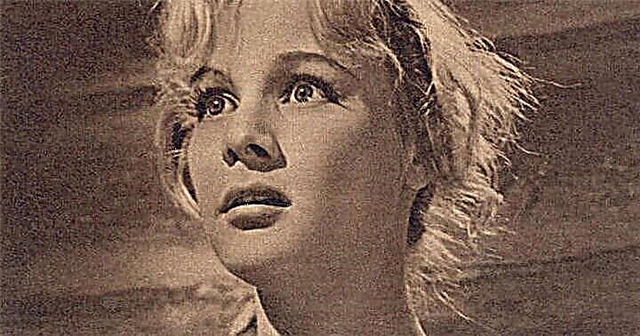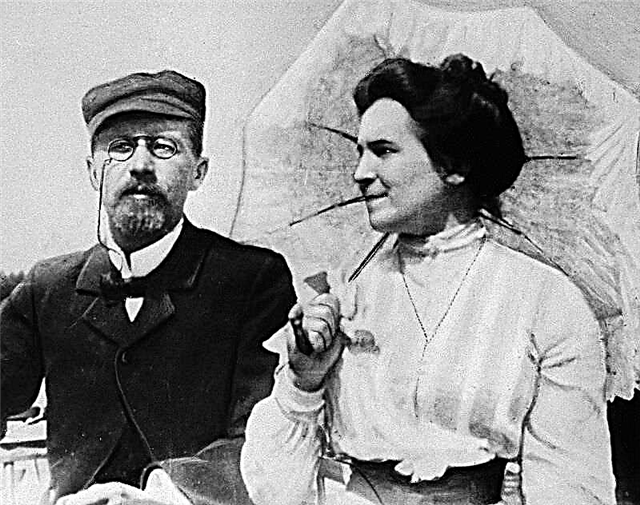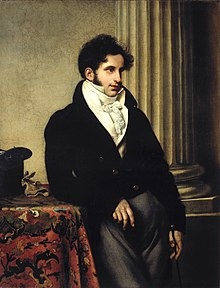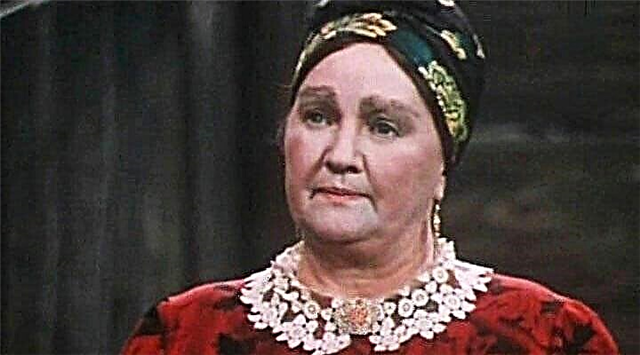In the second century after our era, two people are sitting in a prison cell - Tullius Varron and Publius Marcellus. The prison is located in a huge steel tower, about a kilometer high, and the cell of Publius and Tullia is located at about seven hundred meters. Tullius and Publius did not commit any crimes, but according to the laws of the Empire established by the emperor Tiberius, they are serving a life sentence. These laws are based on statistics, according to which at all times about 6.7 percent of the population of any country are in places of detention. Emperor Tiberius reduced this number to 3 percent, abolished the death penalty, and issued a decree according to which 3 percent should be imprisoned for life, regardless of whether a particular person committed a crime or not, and determines who to sit by - a computer.
The camera of Tullius and Publius is "a cross between a one-room apartment and the cabin of a spaceship." In the middle of the chamber there is a steel support of the Tower, running along the entire height; in the chamber it is decorated under a Doric column. Inside it is an elevator and a mine chute shaft. The bodies of the deceased prisoners are lowered into the garbage chute, below which are the steel knives of the chopper, and even lower - live crocodiles. All this serves as measures to prevent jailbreak. With the help of an elevator located inside the pipe, everything necessary is supplied to the cells, as well as what the prisoners order, the waste is removed through the garbage chute. Inside the chamber, on shelves and in niches, are marble busts of classical writers and poets.
Tullius is Roman by birth, and Publius is a native of the province, a barbarian, as his cellmate calls him. This is not only a characteristic of their origin, but also a characteristic of attitude. The Roman Tullius does not protest against his position, but this does not mean humility with fate, but attitude to it as a form of being, the most adequate to its essence, for the absence of space is compensated by the excess of Time. Tullius is stoically calm and does not feel the loss of what is left behind the walls of the prison, since he is not attached to anything and to no one. He considers such an attitude to the world worthy of a true Roman, and he is annoyed by the attachment of Publius to worldly pleasures. This he calls barbarism, which hinders the comprehension of the true meaning of life, which consists in merging with Time; get rid of sentiment, love, hatred, the very thought of freedom. This should lead to a merger with Time, dissolution in it. Tullia does not irritate the uniformity of the prison routine, since the true Roman, in his opinion, does not seek diversity, but, on the contrary, longs for uniformity, because he looks at everything sup srecie aeternitatis. The idea of Rome in his understanding - to bring everything to its logical end - and beyond. He calls everything else barbarism.
Time in the cell takes place in the constant pickets of Tullius and Publius, during which Tullius reproaches Publius for his desire for freedom, which he also considers a manifestation of barbarism. Escape is the exit of their History into Anthropology, "or better: from Time - into history." The idea of the Tower is a struggle with space, "for the absence of space is the presence of Time." Therefore, he believes, the Tower is so hated by Publius that passion for space is the essence of barbarism, while the true Roman prerogative is the desire to know pure Time. Tullius does not seek freedom, although he believes that it is possible to get out of prison. But it is the desire for the possible and the disgusting for the Roman. According to Tullius, it’s easier to publish a public as a barbarian than a Roman, because out of self-pity he dreams of either running away or suicide, but in his opinion he gives away the idea of eternal life.
Tullius offers Publius a bet on sleeping pills, which is supposed to prisoners that he will make an escape. While Publius is sleeping, Tullius, leaving only the busts of Ovid and Horace in the cell, dumps the remaining marble statues into the garbage chute, in the hope that they, with their weight, increased by the acceleration of free fall from a height of seven hundred meters, will destroy the chopping knives and kill the crocodiles. Then he stuffs a mattress and pillows into the garbage chute and climbs into it himself.
Waking up, Publius notices something is amiss in the cell and discovers the absence of busts. He remarks that Tullius has disappeared, but cannot believe this, having realized what has happened. Publius begins to think about a new cellmate and informs the praetor, that is, the jailer, about the disappearance of Tullius Varron by internal telephone. But it turns out that the praetor already knows this, since Tullius himself called him from the city and announced that he was returning home, that is, to the Tower. Publius is confused, and at that moment Tullius appears in the chamber, to the amazement of Publius, who cannot understand why Tullius, having successfully escaped, returned, but he replies that only to prove that he won the bet and get the sleeping pill , which, in essence, is freedom, and freedom is thus a sleeping pill. But the public are alien to these paradoxes. He is sure that if he had run away, he would never have returned, and now, in one way, his escape has become less. But Tullius assures that escape is always possible, but this only proves that the system is imperfect. Such a thought may suit the barbarian, but not him, the Roman, striving for the absolute. He demands to give him a sleeping pill. Publius asks to tell how he managed to escape from the Tower, and Tullius opens the escape mechanism to him and says that the idea was suggested to him by the bottle with sleeping pills, which, like the garbage chute, has a cylindrical shape. But Publius wants to escape from prison not as a place of life, but as a place of death. He needs freedom because it "is a variation on the theme of death." But, according to Tullius, the main drawback of any space, including this camera, is that there is a place in it where we will not be, while time is devoid of flaws, because it has everything except a place. And therefore, he does not care where he dies, nor when it happens. He is only interested in “how many hours of wakefulness is the minimum necessary for a computer to determine” the state of a person as being. That is, to determine whether he is alive. And how many sleeping pills he "must take at a time in order to ensure this minimum." This maximum being outside of life, he believes, will really help him become like Time, "that is, his rhythm." Publius wonders why Tullius has to sleep so much, if their conclusion is life-long. But Tullius replies that “he goes into life posthumously. And if this is so, then it will be posthumously transferred to life ... That is, during life there is an opportunity to find out how it will be there ... And the Roman should not miss such a chance. "
Tullius falls asleep, and Publius is frightened of the upcoming seventeen hours of solitude, but Tullius consoles him by waking up, telling him what he saw ... about Time ... He asks to bring the busts of Horace and Ovid closer to him and in response to the reproaches of Publius, that marble classics are dearer to him than a person, notices that a person is lonely, like "a thought that is forgotten."












